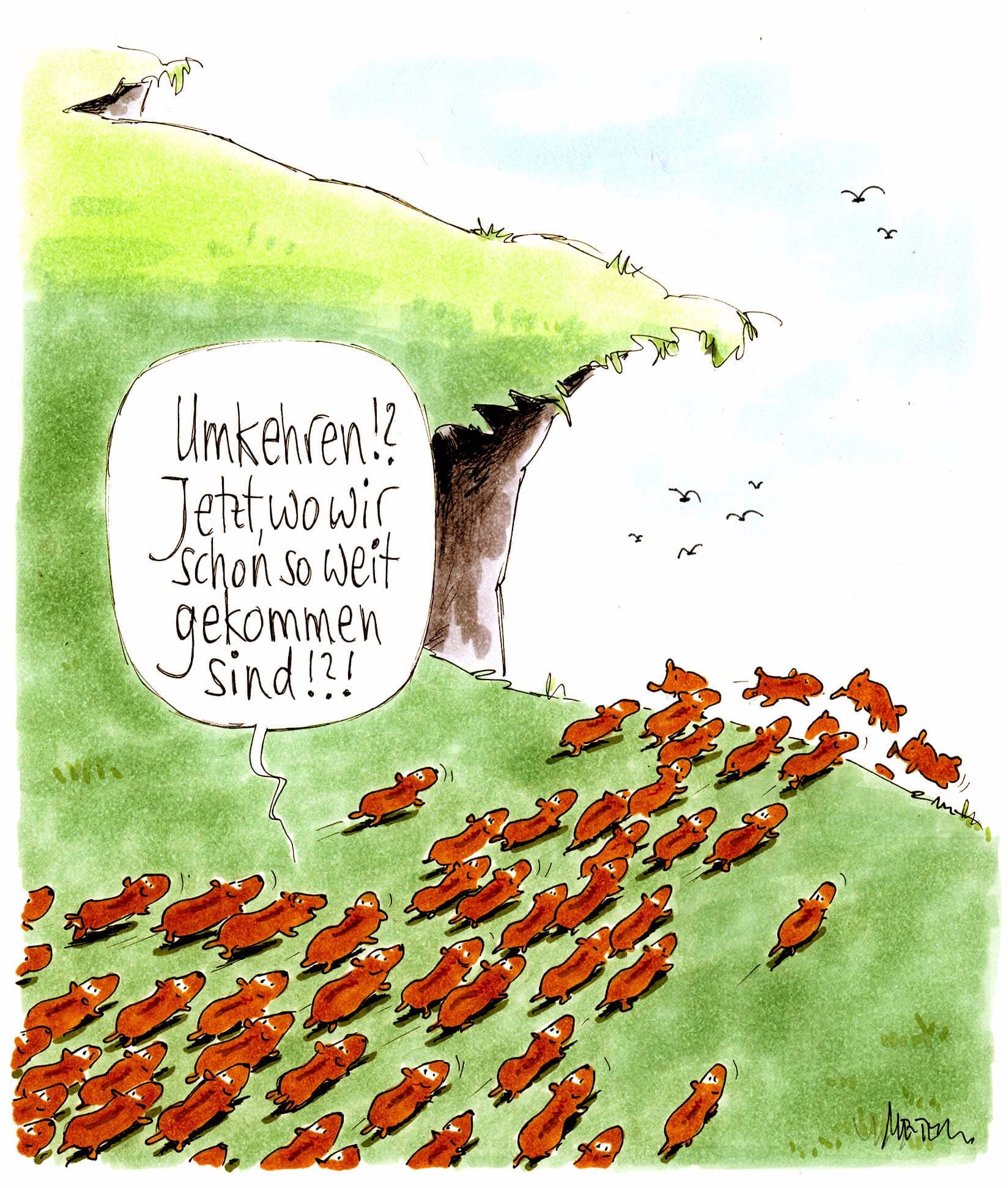Individuality Is A Big Deal
So far I’ve written four essays on becoming an individual in the US, without explaining why this seemed like a worthwhile question. The answer lies in the last election. The conventional wisdom is that the state of the economy and the character of the candidates are major factors in the decisions of voters. A third major factor is tribal identity.
But no reasonable person can deny that Trump is a revolting bag of guts. He has no integrity, no loyalty to the Nation or anyone besides himself, and no reason to want to be president other that personal gratification and staying out of jail.
It is equally inconceivable that any sane person thinks that the current Republican Party cares about the economic or physical well-being of anyone except themselves and their donors. There is nothing in the history of the last 45 years to suggest that Republicans will enact any legislation, adopt any budget, or make any rule change that will benefit any of us. Most of their plans will hurt millions, including their voters.
So why did so many people flunk this basic test of democracy and vote for this oozing pustule?
Their answers
I’ve run across lots of explanations, without keeping track of sources. He says he’ll protect my abortion rights, said one woman. He’s the imperfect tool the Almighty is using. He’s against killing babies. He’s so masculine. He’ll fix the economy. The economy was better under his first administration. He’ll fix the border crisis. He’s for law and order. The Democrats didn’t help me. The price of eggs. Vaccines are killing us.
That’s all crazy, and I doubt it’s the real reason.
Why it matters
We say we live in a democracy, that our government derives its just powers from the consent of the governed. But we ignore the responsibilities democracy puts on us. We do not form a shared view of reality, and of the problems we face. We do not listen and hear ideas about solutions.
Blue voters think the point of government is to make our joint lives safer and more pleasant, and to give everyone the best chance of flourishing. I have no idea what Trump voters think the purpose of government is. Most of them couldn’t tell you. Only the Christian Dominionists have an answer.
I think Trump voters follow leaders who tell them what their problems are. These leaders insist that the important things are abstract ideas around sexual morality, racial purity, white male superiority, and religious fundamentalism, among others. Trump and his henchmen find or invent instances exemplifying those fake abstractions, and the leaders and the media amplify them. These leaders (preachers, Fox News belchers, Qrazies) tell them Trump will solve the problems created by Trump and amplified by those very leaders.
Normal people know government can’t solve those abstract problems. It can only make life hard for the targets of right-wing obsessions. The leaders know that too. They don’t care. They want votes and obeisance, things that will benefit them.
Two explanations
I think existentialist philosophers like Camus and Sartre are right that many people don’t want freedom. They are willing to do just about anything to avoid exercising it. Perhaps they think it might expose them to ridicule or hostility from the people around them. Perhaps it’s too hard to make a decision. Maybe they’re afraid of the responsibility that goes with exercising freedom. Maybe they think that if everyone exercises freedom, chaos will follow. Freedom is dangerous.
I used to think this existential dread was just an rationalization to explain why so many Germans supported the Nazis, and why so many French people supported the Vichy government. But now I think that they were on to something important. Freedom is terrifying.
Jean-Jacques Rousseau offers a different explanation. This is taken from the Internet Encyclopedia of Philosophy.
Soon, there become distinct social classes and strict notions of property, creating conflict and ultimately a state of war not unlike the one that Hobbes describes. Those who have the most to lose call on the others to come together under a social contract for the protection of all. But Rousseau claims that the contract is specious, and that it was no more than a way for those in power to keep their power by convincing those with less that it was in their interest to accept the situation. And so, Rousseau says, “All ran to meet their chains thinking they secured their freedom, for although they had enough reason to feel the advantages of political establishment, they did not have enough experience to foresee its dangers.”
Doing what the dominant class tells you to do is a trade-off for relief from fear of chaos. Watching the fearful vote for Trump is just like watching people run to meet their chains.
Both explanations seem to rely on a deeply human desire for security and certainty. Not all people succumb to that desire. Many of us know that there is no permanent security, and that there is no certainty. That knowledge does not frighten but inspires. The question becomes not how to escape freedom, but how best to use our freedom in an indifferent universe.
Conclusion
1. We all look to others for our ideas. I do. So who am I to judge others for choosing Trump or some rando on YouTube as a leader? Well, I think some things are better than others, and I can make these distinctions, guided by the insights of people who don’t want anything from me. In particular, they aren’t asking me to give them powers they can exploit for their own ends.
2. I used to think conservatism was driven by principles, even if I could not quite articulate them to my own satisfaction.
Now I think millions of Americans choose to abdicate their freedom and responsibility to judge based on their own principles.
=======
The caption on the front page image translates as “Turn back? After we’ve come so far?”


